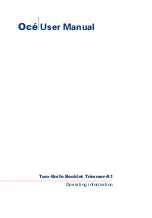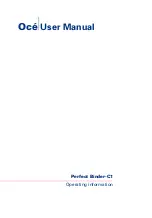
Copyright © 2013, Baby Trend Inc., All Rights Reserved.
Copyright © 2013, Baby Trend Inc., All Rights Reserved.
3
4
IMPORTANT!
To ensure safe operation of your product, please follow these
instructions carefully. Please keep these instructions for future reference.
IMPORTANT!
Before assembly and each use, inspect this product for
damaged hardware, loose joints, missing parts or sharp edges. NEVER use if any
parts are missing or broken.
IMPORTANT!
Adult assembly is required.
IMPORTANT!
Always check that the high chair is locked in the open
position before using.
ATTenTIOn:
Carefully remove parts from box. Check that you have all the
parts for this model before assembling the high chair.
Insert the plastic pins on the front
of the seat into the holes, then click
the pins into position by pushing
them downwards (fig. 4a)
Locate the straps with plastic buckles
on back of seat and corresponding
slots on tray. Insert each strap into
corresponding slot. (fig 4b)
from the underside of tray pull each
strap completely through each slot
and pivot plastic buckle to lay flat
against underside of tray. (fig. 5)
Place walker on a solid flat surface with
bottom of base facing upward. Insert the
pins of the front wheels into their housing,
pressing them until they snap into position.
Please check that wheels are locked
into place before proceeding (fig. 6)
Insert the pins of the rear wheels into their
housing, pressing them until they snap
into position. Please check that wheels are
locked into place before proceeding (fig. 7)
TO ASSemBle WAlkeR
The baby walker can be used for
3 different heights. Turn the safety
button lengthwise and press the safety
button until the mechanism is released.
Adjust to the middle height (fig. 1)
To open the baby walker raise the
tray to the middle position (fig. 2)
When the middle position has been
selected, check that the safety
button turned through 90 degrees
to prevent the accidental release
of the mechanism. (fig. 3)
1)
2)
3)
fig. 1
fig. 2
fig. 3
4)
ASSEMBLY
ASSEMBLY
fig. 4a
fig. 4b
front
fig. 5
Back
fig. 6
fig. 7
5)
6)
7)






















